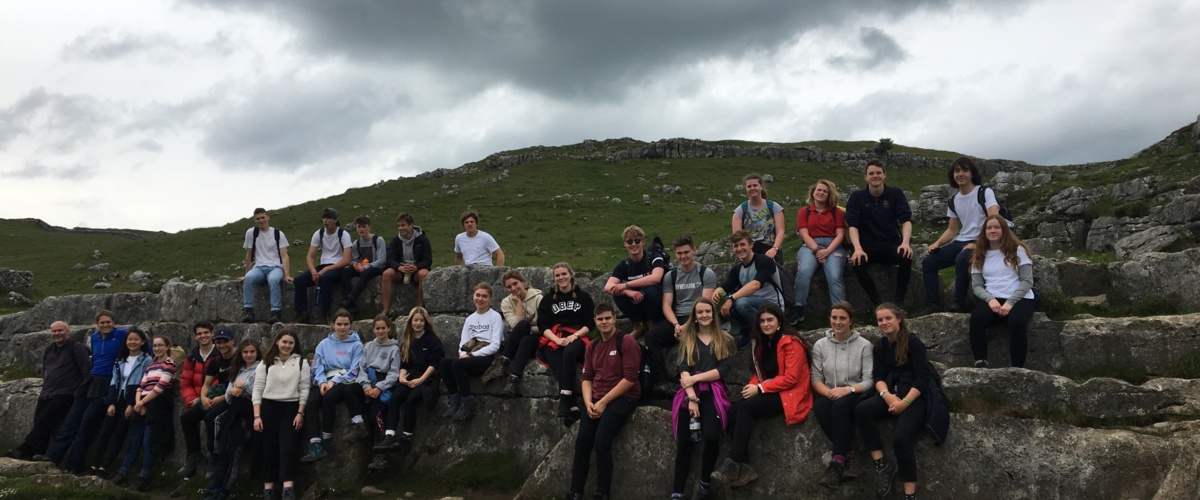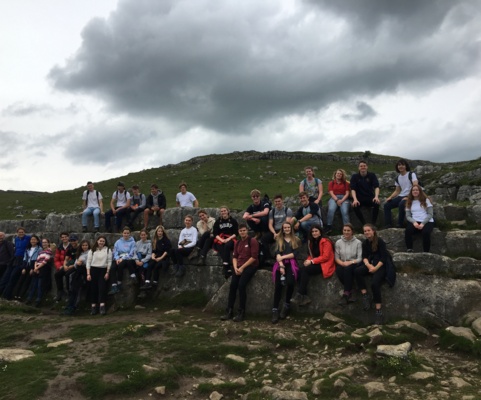Geography


In the Geography Department it is our aim to stimulate pupils' interest in the subject and to deepen their knowledge and appreciation of the Earth's landscapes, peoples and environments.
Rather than merely imparting facts and figures in isolation, contemporary Geography focuses on the interaction between humankind and the physical environment. At Norwich School we strive to reflect this approach in our courses and our teaching methods.
Pupils study a wide range of current events and issues including the exploitation and management of fragile environments, hazards related to plate tectonics, river landscapes, the global fashion industry, tourism and development issues. We seek to stimulate pupils' interest and curiosity by encouraging them to think for themselves and to recognise that many of the issues we study are not as clear-cut as is often supposed.
Our programme also provides many opportunities for pupils to develop important skills such as an appreciation and understanding of maps, the use of ICT, teamwork and presentation techniques.
4th Form
In the Fourth Form we introduce pupils to the inter-disciplinary approach and wide-ranging content of contemporary Geography. We study a variety of Physical and Human Geography topics to acquaint pupils with the crucial skills and approaches required at GCSE and beyond.
Within the course frameworks below, our teachers are encouraged to focus on areas and issues in which they have a particular interest – hence the places and events studied will vary from year to year and between groups.
Lower Four
Pupils explore a number of engaging topics including Early Explorers and Cartographers, Ordnance Survey Map Skills, The Work of Ice on the Land and Ecosystems & Fragile Environments.
Upper Four
Pupils go on to study Coastal Environments, Extreme Arctic Environments, Settlement History and Change & Management.
5th Form
During the Lower Five year we build on the knowledge and skills developed in the Fourth Form, introducing pupils to the level of detail and style of question they will experience should they continue to GCSE. We cover topics such as Plate Tectonic Hazards, Globalisation and Weather & Climate.
We follow the Edexcel IGCSE Geography specification. This is divided into three sections: The Natural Environment, People and Their Environments and Global Issues.
We study a variety of physical and human geography units, gaining a breadth of knowledge and developing analytical skills through use of a wide range of graphs, maps and data. The units we cover are: River environments, coastal environments, economic activity and energy, urban environments and globalisation and migration
6th Form
Click here to view the A Level Geography subject information.
At A-Level we follow the Cambridge International Examinations International A-Level Geography specification. There are three written papers taken at the end of the Upper Sixth.
Paper 1 – Core Geography (100 marks)
- Hydrology and fluvial geomorphology
- Atmosphere and weather
- Rocks and weathering
- Population
- Migration
- Settlement dynamics
Paper 2 – Advanced Physical Geography (50 marks)
- Hazardous environments
- Coastal environments
Paper 3 – Advanced Human Geography (50 marks)
- Global interdependence
- Economic transition
We organise a residential field trip for Lower Sixth pupils. Past destinations have included the Isle of Wight and the Yorkshire Dales.
